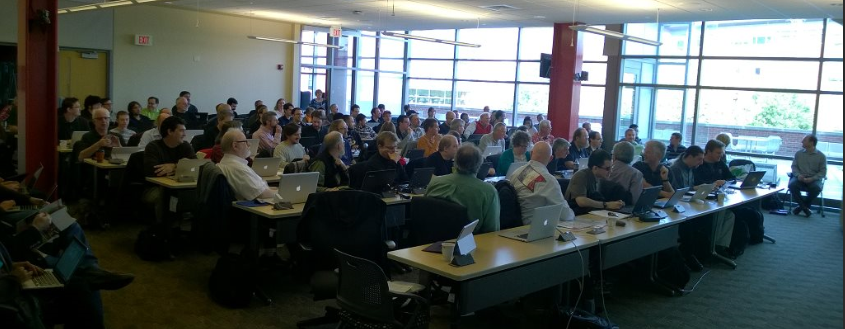Building Portable Games in C++ -- Guy Kogus
Fresh on Dr. Dobb's:
Building Portable Games in C++
By Guy Kogus
The cocos-2d-x open source framework can be used to build games, apps, and other interactive software in C++. Here's a hands-on guide to using it to write and port games.
From the article:
Our game, Ready Steady Bang, was written using cocos2d-iphone, which we were considering using for our next game, Ready Steady Play. Then I remembered the C++ gaming framework cocos2d-x and its promise of cross-platform compilation.
In this article, I break down how I developed the Ready Steady Play game using cocos2d-x and discuss the porting travails of moving the final code from iOS to Android and Windows Phone 8. I used v2.2.x of cocos-2dx, but most of this text should be applicable for v3.x...

 Some more details about the Ranges proposal that was well received by the ISO C++ committee at this month's meeting in Urbana-Champaign:
Some more details about the Ranges proposal that was well received by the ISO C++ committee at this month's meeting in Urbana-Champaign: In case you missed it:
In case you missed it: [Updated 11/24 to add a few more details]
[Updated 11/24 to add a few more details] In case you missed it:
In case you missed it: